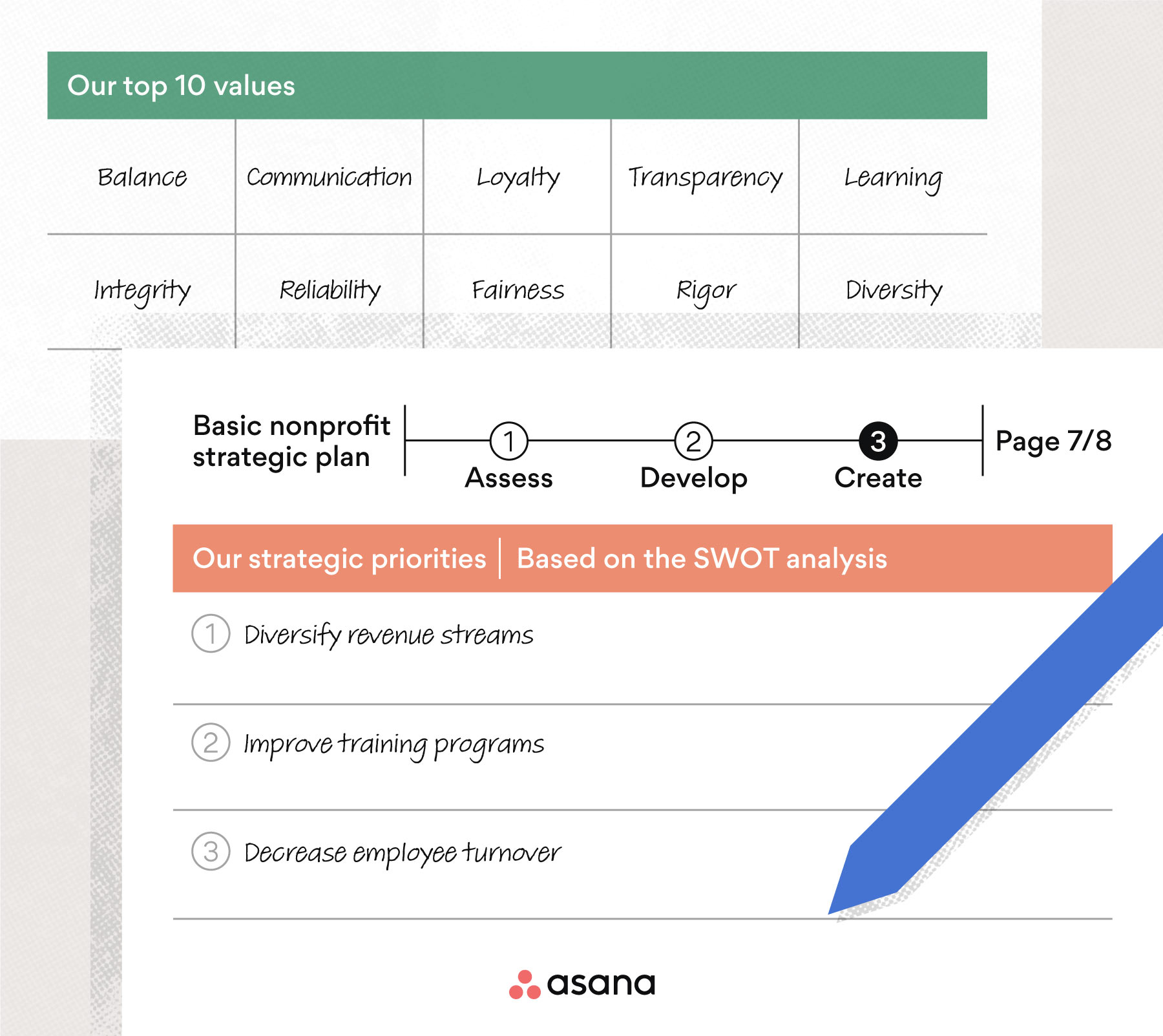
If you want to become a strategy consultant, there are a few things you should know. Although the job isn’t easy and takes hard work, once you have a track-record, businesses will be able to turn to you for guidance. In this article we will discuss the role and skills of a strategy consultant as well as where to start in this career.
Strategy consultant
Strategy consultants can have a challenging job. The consultant must listen carefully to the organization's needs. This allows them to gather relevant information and insights. A consultant should also be able to communicate well with other employees within an organization. Their role is to help organizations implement and develop strategies. Consultants must also be able and willing to connect with people.
Strategy consultants can often be found working in many different organizations. They advise clients as well as managers on business strategy. They often participate in meetings, discuss project requirements, analyze organization objectives, and solve technical issues. Their resumes should reflect a solid background of business management and analytical thinking. Their communication skills should be demonstrated. A minimum of a bachelor's degree is required for this job.

Strategy consultants require certain skills
A strategy consultant's job requires a number of skills. Clients need them to be able understand complex concepts in plain English and use visual aids when communicating with them. Consultants must be creative and knowledgeable, and also have the ability to spot problems and find solutions.
Another important skill is organization. An organization skill is essential for a strategy consultant. They work with multiple documents and spreadsheets so they must be able to organize them well. Because they work with many clients at once it is essential that they are able to quickly locate important information.
Strategy consulting is a specialty of major consultancies
There are many big consultancies that specialize on strategy consulting. Some can be classified as pure play strategy consultancies, while others offer a mix of strategy and operational consulting. Deloitte Consulting has a number of top-ranked strategy consultancies, including Roland Berger, Booz Allen Hamilton and Oliver Wyman.
Some of the largest consultancies focus on specific industries. These include technology, consumer goods and health care. Other areas of concern include mergers and acquisitions. Human capital strategy is also important. Organizational design is another area of focus.

A career as a strategy consultant
As a strategist consultant you will need to conduct extensive research and analyze data in order for an organization to have a long-term plan. A strong understanding of your market and competition is essential. This consultant produces the most significant work product, a long term strategic plan. The company's senior executives will then review it to determine the best course.
The education requirements for a job as a consultant in strategy is dependent on the area of expertise. Employers will prefer applicants with a bachelor’s degree. Experience in business analytics is also an advantage. Professional organizations offer a range of certifications.
FAQ
Which industries employ consultants
There are many types of consultants. Many consultants specialize in a particular type of business. Others may be more focused on multiple types.
Some consultants are limited to working for private corporations, while others can represent large corporations.
And some consultants work internationally, helping companies all over the world.
What skills do I need for consulting?
Strong interpersonal and analytical skills are essential for consultants. This is because you could be asked questions or not know what you are doing. You need to be able to manage people quickly and solve problems efficiently.
A strong communication skill is also necessary. Most clients expect an answer within 24 hours. They assume that you won't respond if they don't hear from them within 24 hours. It's important, therefore, to always keep them informed and ensure they understand what is going on.
What qualifications do you need to be a consultant?
It's not enough just to have an MBA degree; you must also demonstrate experience working as a business consultant. You must have at least two years' experience working in consulting and/or training within a large company.
You should have had experience working with senior management to create strategy. This requires you to feel confident presenting ideas to clients, and getting buy-in.
Additionally, you will need to pass a professional qualification such as the Chartered Management Institute Certified Management Consultant (CMC).
What contracts are available for consultants?
Most consultants sign standard employment agreements when hired. These agreements specify how long the consultant will be working for the client and what he/she will be paid.
Contracts can also indicate the areas of expertise that the consultant will concentrate on and the compensation they will receive. For example, the agreement may say that the consultant will provide training sessions, workshops, webinars, seminars, etc.
Sometimes, the consultant agrees to do certain tasks within a given time frame.
Many consultants sign independent contractor arrangements in addition to standard employment contracts. These agreements allow the consultant to work independently but still receive payment for his/her efforts.
How much should a consultant charge?
It depends on what service you provide. If you're providing services for free, there is no reason to charge anything. However, if you are selling products or services, then you need to set prices based on value.
If you are providing low-quality services, then you don't have anything to sell. You are not worth anything, so why should anyone pay you anything.
You may be able to ask for a higher price if you offer high-quality services. This is because people know the value that you provide. Clients who purchase multiple packages may be eligible for discounts.
Can anyone become a consultant
A consultant is someone who helps you achieve your goal by providing advice on how to do something better, faster, cheaper, etc.
A consultant may help you solve problems, make decisions, or negotiate with others.
Consultants are often hired for specific projects or tasks.
In reality, consultants are generally paid hourly or daily rates and not per project.
Are consulting incomes subject to tax?
Yes, tax will be payable on any consultancy profits. It depends on how much income you make per year.
You can also claim expenses if you are self-employed. This includes rent, childcare, food, and transportation.
You can't deduct the interest on loans, vehicle damage, or equipment costs.
Only 25% of your expenses can be claimed back if you make less than PS10,000 annually.
However, even if your earnings exceed this threshold you may still be subject to tax depending on whether or not you are a contractor or an employee.
Pay as you Earn (PAYE) is the most common method of taxing employees. Contractors pay VAT.
Statistics
- WHY choose me: Why your ideal client should choose you (ex: 10 years of experience and 6-week program has helped over 20 clients boost their sales by an average of 33% in 6 months). (consultingsuccess.com)
- My 10 years of experience and 6-step program have helped over 20 clients boost their sales by an average of 33% in 6 months. (consultingsuccess.com)
- "From there, I told them my rates were going up 25%, this is the new hourly rate, and every single one of them said 'done, fine.' (nerdwallet.com)
- Over 50% of consultants get their first consulting client through a referral from their network. (consultingsuccess.com)
- According to statistics from the ONS, the UK has around 300,000 consultants, of which around 63,000 professionals work as management consultants. (consultancy.uk)
External Links
How To
How do you find the best consultant?
When searching for a consultant, the first thing you should do is ask yourself what your expectations are. Before you start looking for someone to work with, it's important that you know your expectations. Before you start looking for a consultant, make a list. This might include skills such as project management, professional expertise, communication, availability, and technical skills. You might also want to talk with colleagues or friends about their recommendations. Ask your friends or colleagues about any negative experiences they have had with consultants, and compare their recommendations with yours. Try searching online for recommendations if you don’t have any. You can post reviews on your previous work experiences on many websites like LinkedIn, Facebook and Angie's List. Consider the ratings and comments of other candidates and use these data to start your search for potential candidates. Once you have narrowed down your list, reach out to potential candidates and set up an interview. At the interview, it is important to discuss your requirements and get their feedback on how they can help. It doesn’t matter who recommended them to you, just make sure they understand what you are trying to achieve and how they can help.